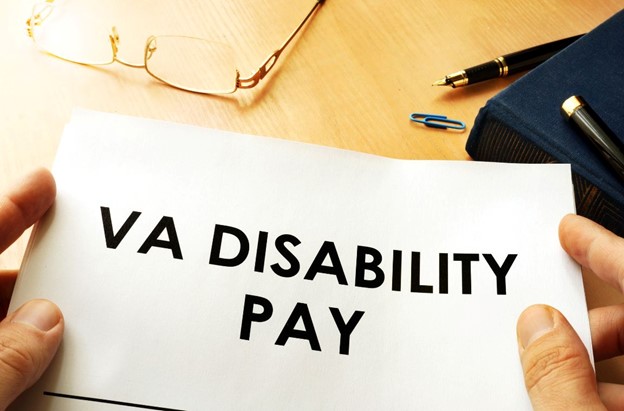How To Prepare For A Continuing Disability Review
Securing your disability benefits is crucial for maintaining financial stability if you’re suffering from a medical condition. However, the journey doesn’t end with the initial approval. The Social Security Administration (SSA) requires periodic assessments called Continuing Disability Reviews (CDRs) to see if you still meet eligibility requirements. Learn more about how to navigate this process and protect your benefits.
What Is A Continuing Disability Review (CDR)?
A Continuing Disability Review (CDR) is a check-up that the Social Security Administration (SSA) conducts to confirm if people receiving Social Security Disability Insurance (SSDI) or Supplemental Security Income (SSI) are still eligible for benefits. Unlike the initial application that starts your benefits, a CDR examines any changes in your health to determine if you still qualify.
Based on your condition’s details, these reviews are scheduled every three to seven years. You’ll typically learn the date of your first review when you receive your initial benefit notice. If a CDR is needed, the SSA will contact you with instructions on what to do next.
What Can Trigger A CDR?
While CDRs are a routine part of the SSDI process, certain events can encourage the SSA to schedule a review at any time, including:
- Returning to work or earning more than the allowed amount.
- Medical improvements that could affect your disability status.
- Reports indicating your health has improved.
- Notifying the Social Security Administration (SSA) about your improved health.
- Reports to the SSA that you’re not following prescribed treatments.
- The development of new treatments that could improve your condition.
How Medical Improvement Can Impact Your Benefits
The CDR process categorizes medical improvement as follows:
- Medical Improvement Related to the Ability to Work: Your benefits may be reduced or taken away if you show medical progress that directly influences your work capability.
- Medical Improvement Not Related to the Ability to Work: This may not affect your benefits, provided the improvement doesn’t pertain to your capacity to perform work.
- No Medical Improvement: If your health status does not change, your benefits will stay the same.
Understanding how these classifications affect your SSDI benefits is crucial for preparing an effective response.
How To Prepare For Your Next CDR
Preparing for a CDR involves a few simple steps:
- Gathering All Medical Evidence: Keep detailed records of treatments, hospital visits, and doctor evaluations.
- Following Any Treatment Protocols: Show that you’re following any prescribed medical treatments unless exempted.
- Consulting An Experienced Lawyer: Consult with a social security disability lawyer if you need help if your benefits were unfairly reduced or denied after your review.
Speak With Our Experts Today
With decades of experience and an extensive understanding of disability law, our New York social security disability attorneys are here to help you with any issues regarding your benefits. We provide every client with personalized support to ensure their rights are protected. Please contact us online or at 855-280-7585 if you have any questions about your claim or want to schedule a free case review with one of our lawyers today.


